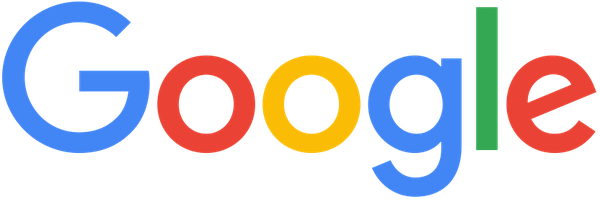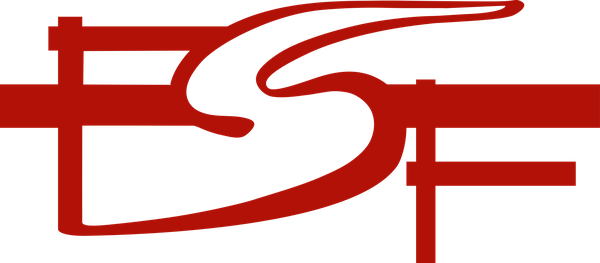Public Goods, Promises, & Pitfalls: License reciprocity for government and nonprofit works
By
Michael Downey,
Heath Arensen
Initial decisions about FLOSS licensing in projects launched by governments and nonprofits are are often made hastily or without deliberate thoughtfulness as to the impact of those choices as the project matures. Copyleft & reciprocal licensing can be seen a an evergreen guarantee of the social contract behind software that could be considered "global public goods", but controversy remains.
Monday 12:20 p.m.–12:50 p.m.
Public Goods, Promises, & Pitfalls: License reciprocity for government and nonprofit works
Although many (but not all) free & open source software project maintainers remember to choose a license for their work early on in the project's life, those decisions are often made hastily or without deliberate thoughtfulness as to the impact of those choices as the project matures. Indeed, with an alarmingly increasing rate in the past year, we've seen software project maintainers second guess their choice of licenses when faced with the realities of sustaining the work of their projects' contributors.
Our organization, XXXXXX, works with software creators, consumers & implementers, as well as funders and resource providers to deliver the promises of free software to the nexus of international development, humanitarian response, and peace building. Many of the creators of this software don't have the legal or technical expertise to understand the ramifications of their license decisions when they're made, which can lead to challenges as the project grows.
As part of our work supporting long-term sustainability of free software projects in this field, and providing resources & skills to help those projects' maintainers improve their reach and impact, we promote copyleft & reciprocal licensing as an evergreen guarantee of the social contract behind software that could be considered "global public goods". However, such a position is not without controversy or (in some cases) reasonable concern.
In this 25 minute talk, you’ll learn:
- Why governments and nonprofits are embracing free software now more than ever;
- The misunderstandings & irrational concerns by governments and nonprofits that have historically shaped the "copyleft vs. permissive" debate; and
- Some of the actual current concerns these parties have at the nexus of copyleft, freedom, and sustainability.
If you’re interested in working with governments or nonprofits of international and local scope, or supporting the efforts of free software to improve society around the world, you'll find this talk interesting. This short presentation will spur conversation about both the strengths and gaps of copyleft as a guarantee to the public to preserve its investment in free software.
Michael Downey
Michael Downey is the Director of Community for the Digital Impact Alliance (DIAL) Open Source Center, an initiative of the United Nations Foundation. The Center is a collaborative community promoting knowledge sharing, collaboration, and co-investment in technology and human capacity to support positive social change in FOSS communities around the world.
Michael's career in IT and open source spans nearly two decades both in the healthcare and financial services industries, as well as the nonprofit world. In his new role, he will help to build a vibrant and active open source software community for high-impact technology for development (T4D) projects that advance the mission of DIAL. As a long-time participant in the T4D community, he is excited about DIAL’s unique opportunity to help build a digital society that serves everyone.
Michael served as a US Peace Corps volunteer in Cameroon, and later was the Director of Community for OpenMRS, an open source health IT software project. During his tenure at OpenMRS, it grew from “stealth mode” to a large open source community, receiving the prestigious Free Software Foundation’s Award for Projects of Social Benefit.
He received two undergraduate degrees in engineering from Purdue University, and did his PhD studies at Indiana University, researching cross-cultural computer supported cooperative work. Michael is also on the steering committee for LibreHealth, a new open source community to foster health IT collaboration. A long-time advocate for free and open source software, he is a proud member & supporter of organizations like the Free Software Foundation, Software Freedom Conservancy, Open Source Initiative, and the Internet Society.
Heath Arensen
Heath is the Director of Business Sustainability for the Open Source Center at the UN Foundation's Digital Impact Alliance. He is a global nomad with an itch for entrepreneurship, having spent the past 15+ years founding and scaling tech-driven startups in Africa, the Middle East, and Asia. He thrives at the intersection of technology and social good with experience in founding startups, in impact investing, and in product incubation.
Heath remains an active mentor both the Middle East and African technology startup scenes. In his most recent role with Nairobi’s iHub tech hub, Heath oversaw the launch of an internal software consulting unit and talent development platform. Prior to iHub, Heath led the East Africa portfolio for impact investment firm Invested Development. Heath founded and ran Tanasuk Technologies for more than ten years, a software consulting firm and startup incubator with offices in Amman, Jordan and Nairobi, Kenya.
Heath holds an MBA from Loyola University Chicago and an MA in Sustainable International Development from Brandeis University. Understanding the unique challenges of building and managing digital projects in emerging markets, Heath brings diverse expertise in business strategy and technology expertise




